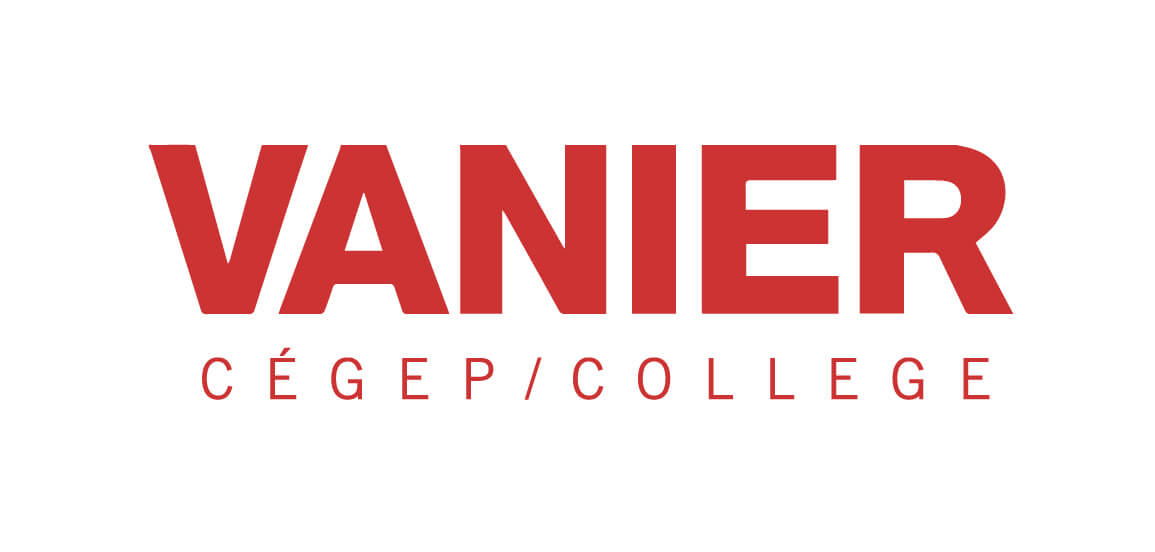As a Vanier student, staff or faculty member, you use email every day to communicate to friends, classmates, teachers, colleagues and business professionals. Email can be an effective tool for requesting and sending information, especially when you cannot meet face to face. It also provides an easy and effective way to record what was discussed for future reference.
Emails written in a professional context differ greatly from those you might write to friends in a social context. Learn how to be effective in your communication to get the best results.
Do:
- Address people respectfully. If you know the person on a first name basis, you can address them by first name. If not, is is typically wise to use the formal, “Mr.” or “Ms.” Context applies here however, as in North America, it is increasingly common to utilize the first name by default in email conversation with most people, with the exception of societal superiors.
- Keep emails brief and to the point, while including any relevant information. With email, it is advisable to keep messages short and sweet. Some professionals recommend keeping most messages under 10 words!
- Put yourself in the recipient’s position and see if what you are writing makes sense. Are you making assumptions that might not carry over? It is better to be clear than to try and clean up after a mis-communication.
- Use CC (carbon copy) for people not directly involved, rather than cluttering up the To line. An easy guideline is to CC everyone you don’t need to reply to you.
- Set up an Out of Office automated message before going away on vacation to avoid people sitting around waiting for your response, unaware you’re sunning yourself on a warm beach. In Outlook click Tools > Out of Office Assistant
- Use a spell checker. Vanier is a college – if good spelling and grammar are not present here, what hope is there for the rest of the world?
- Consider the level of confidentiality of the email content; if necessary, warn recipients that the message is confidential and should not be forwarded.
Don’t:
- Don’t forget the subject. Even Outlook will prompt you if you don’t include a subject, simply because it’s much easier to track emails for both you and the recipient if there is even a basic subject.
- Don’t “Reply To All” when your reply does not involve everyone. Use your judgement, and put yourself in others’ shoes. If it is information that all the recipients need to know, use it. If not, don’t clutter their inbox.
- Don’t use cryptic acronyms and instant messaging (IM) shorthand. It’s not professional and could lead to unnecessary confusion. You’re adept enough with a keyboard to type out an entire word, rather than simply using a letter to suggest a sound. When using a Vanier-specific acronym (eg: ITSS), if you are not sure the person will know what you mean you can spell out the full name and place the acronym in parentheses the first time you refer to it.
- Don’t forward emails whose content might reasonably be considered confidential.
If you need to send an attachment as part of a mass-mailing (for widest distribution), be sure to include some form of a description so that the recipient knows that there is something attached, and attach a PDF (portable document format) version of the file; this format can be successfully opened on all computers.
Related Links:
A quick Google search will give you hundreds of resources for strengthening your email skills, but here are a couple good resources to glance at if you’re interested:
- E-mail Etiquette, from I Will Follow… Services: www.iwillfollow.com/email.htm
- Email Replies.com:

